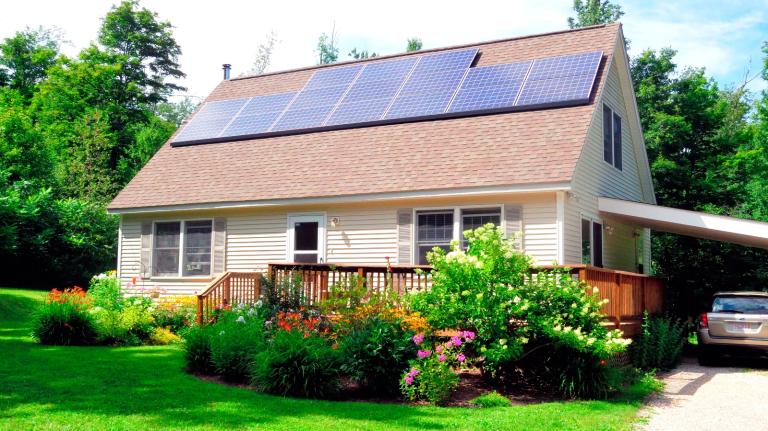Now that the energy bill has gotten through the Senate, the fight has moved to the House. Here’s an update, from my rapidly dwindling free-trial-period subscription to CongressNow:
An expected push by House Democratic lawmakers to raise federal fuel economy standards and create new renewable electricity mandates will likely be deferred until the full House debates comprehensive energy legislation later this year, environmentalists and industry officials said today.
“I think they’ll make those moves on the floor,” said one industry lobbyist this morning.
House Energy and Commerce Committee members Ed Markey (D-Mass.) and Diana DeGette (D-Colo.) are reportedly considering offering amendments to boost the standards in the federal fuel economy program, known as CAFE, as well as create a federable renewable portfolio standard, or RPS, when the full committee marks up an energy package tomorrow.
…
But environmentalists and the industry lobbyist today said that the plans would likely be ruled non-germane by Dingell in committee because the underlying bills lack specific provisions on the issue. A more likely scenario for tomorrow is that the amendments will be offered and withdrawn, the sources said.
…
One environmentalist today predicted both measures will fare better on the floor. “Dingell doesn’t get to control what happens on the floor and the politics on the floor are vastly different tham they are in his committee,” the source said.
CAFE and RPS have emerged as two of the more controversial issues as the House and Senate have discussed energy legislation in the past week.
…
The energy package to be marked up by Dingell’s committee tomorrow includes provisions on energy efficiency, a “smart” electricity grid, renewable fuels infrastructure, and plug-in hybrid vehicles. It will be rolled into a comprehensive energy package House Speaker Nancy Pelosi (D-Calif.) wants introduced by July 4 — which she is dubbing “energy independence day.”


